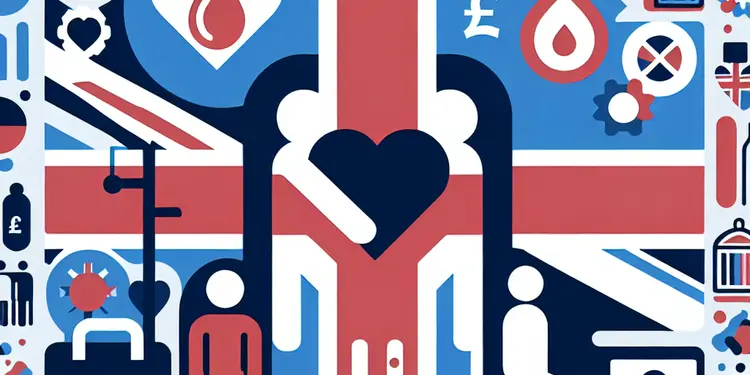
Find Help
More Items From Ergsy search
-
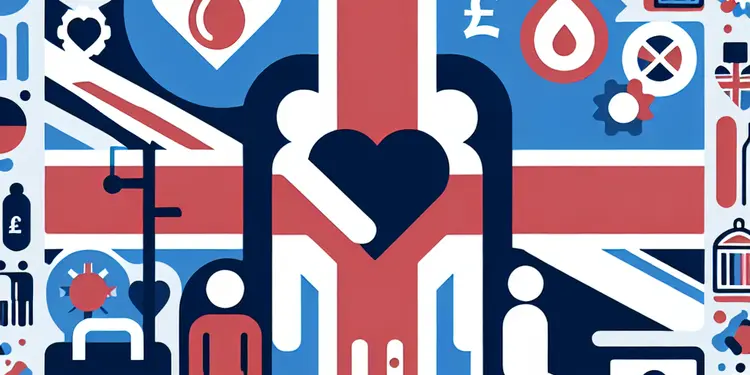
Can you donate blood specifically for a friend or family member?
Relevance: 100%
-
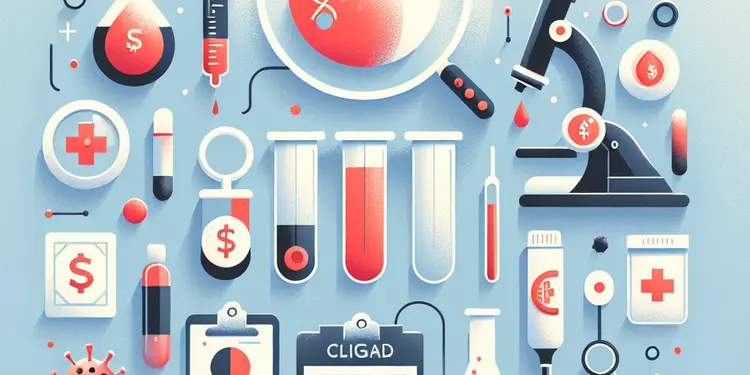
What other viruses are tested for in blood donations?
Relevance: 48%
-
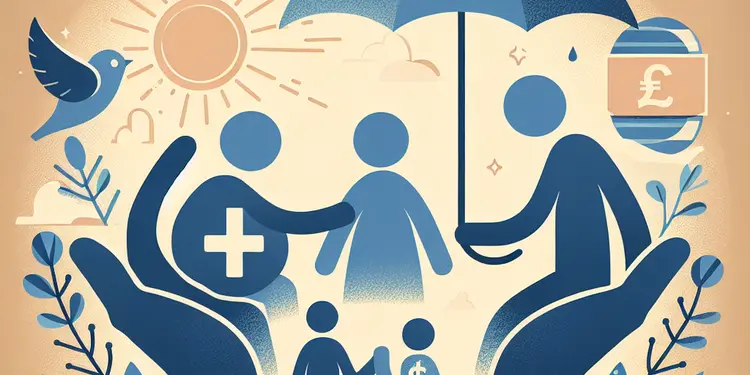
What role do family and friends play in the recovery process?
Relevance: 46%
-
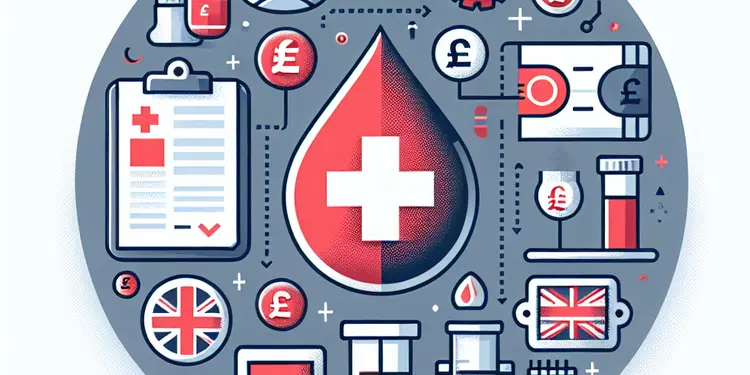
Why is blood donation history important in preventing disease transmission?
Relevance: 44%
-
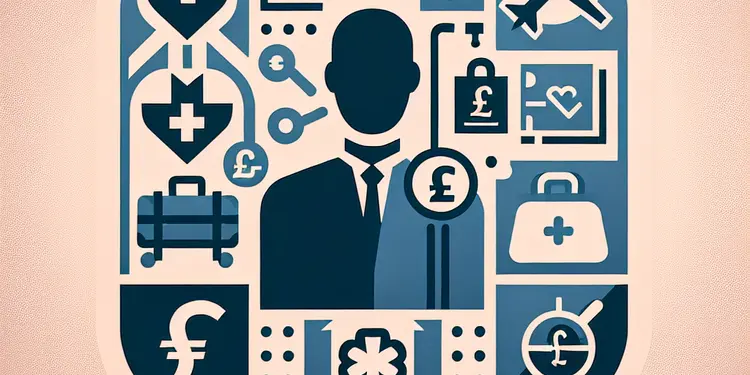
Can I include a family member during my travel for treatment?
Relevance: 38%
-

Can cremation ashes be divided among family members?
Relevance: 37%
-
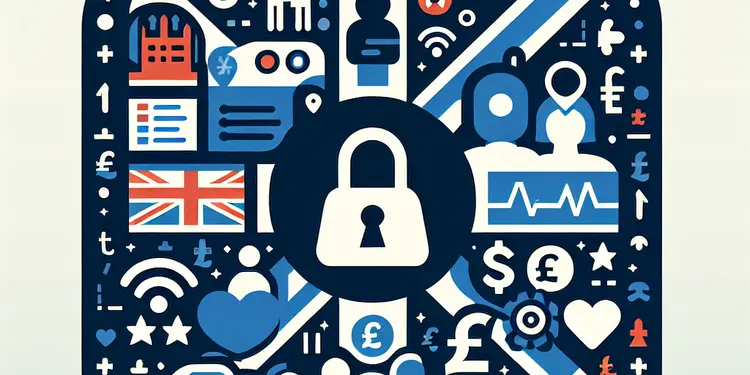
Can family members be involved in the care process on a virtual ward?
Relevance: 37%
-

How can families support a member with autism?
Relevance: 36%
-
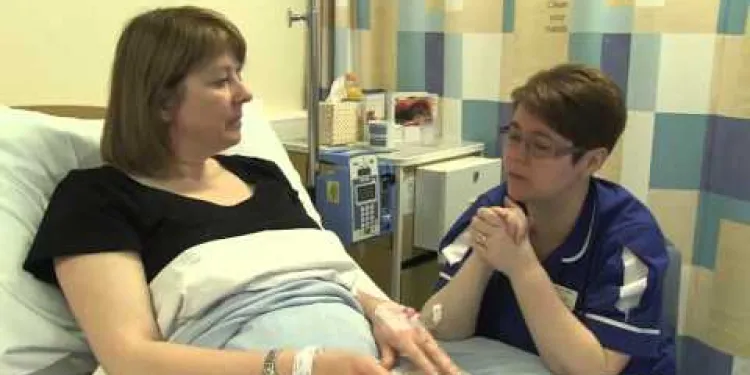
Blood Transfusion
Relevance: 35%
-

What should I tell my family and friends about my nut allergy?
Relevance: 35%
-
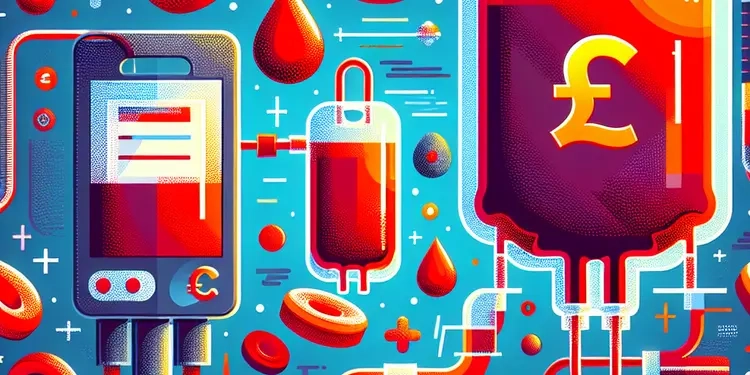
What is a blood transfusion?
Relevance: 34%
-

How can family members support someone with postnatal depression?
Relevance: 33%
-

How can family members help assess an elderly person's driving ability?
Relevance: 33%
-
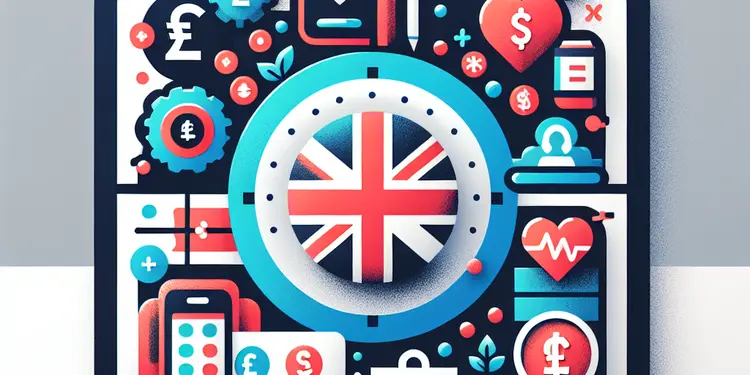
How can family and friends support someone with health-related anxiety?
Relevance: 32%
-

Blood Product Transfusions
Relevance: 32%
-
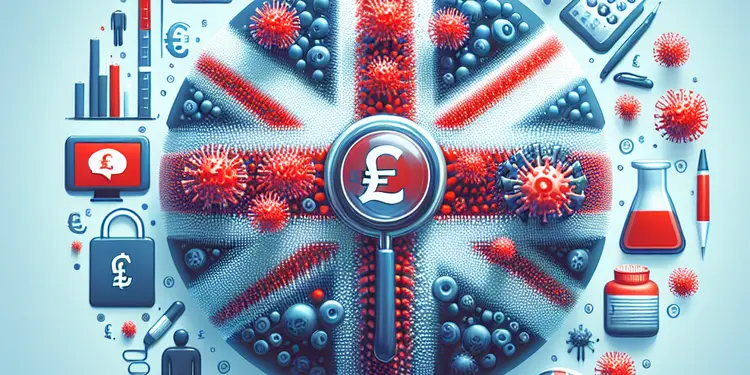
Is Zika virus screened for in blood transfusions?
Relevance: 31%
-

Can I take bereavement leave for the death of a close friend?
Relevance: 31%
-
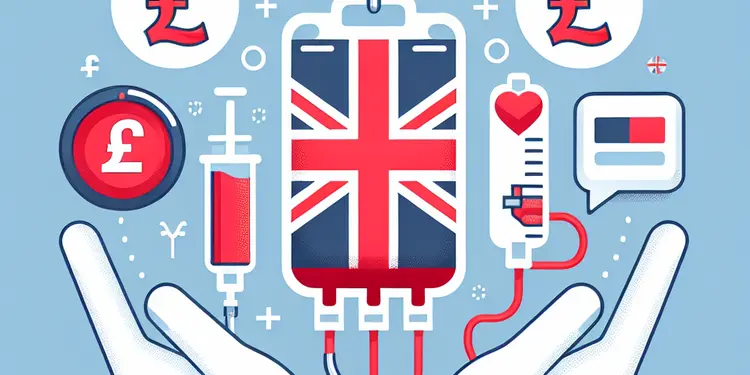
Can COVID-19 be transmitted through blood transfusions?
Relevance: 30%
-
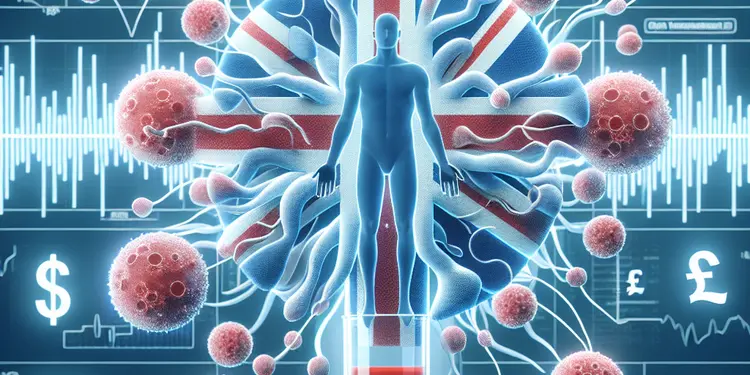
Can syphilis be transmitted via blood transfusion?
Relevance: 30%
-
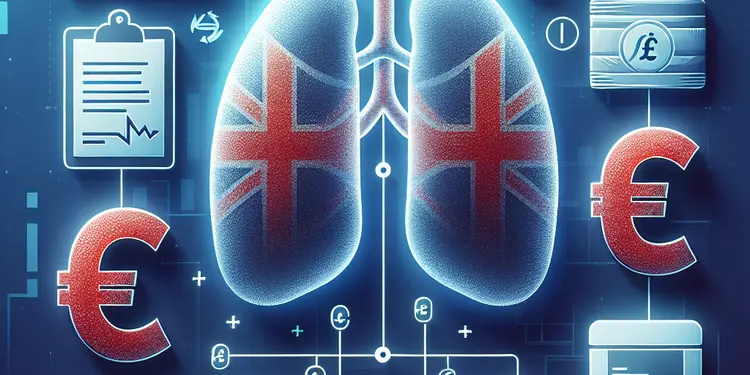
Is Hepatitis B a risk in blood transfusions?
Relevance: 30%
-
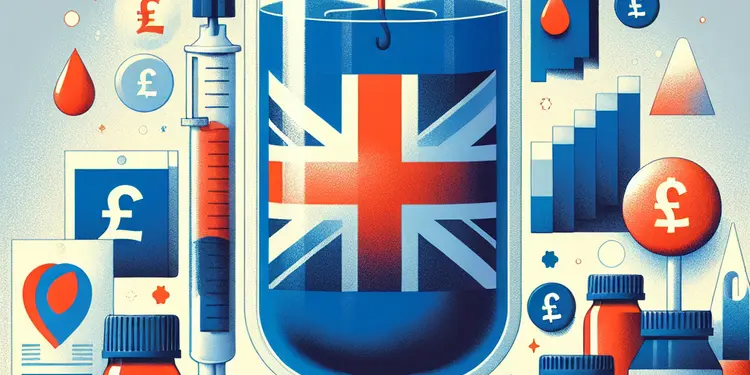
Is Chagas disease a concern with blood transfusions?
Relevance: 30%
-

Kidney transplant waiting stories – DJ Ace and Lauren | NHS Organ Donation
Relevance: 30%
-

How can charitable donations affect Inheritance Tax?
Relevance: 29%
-
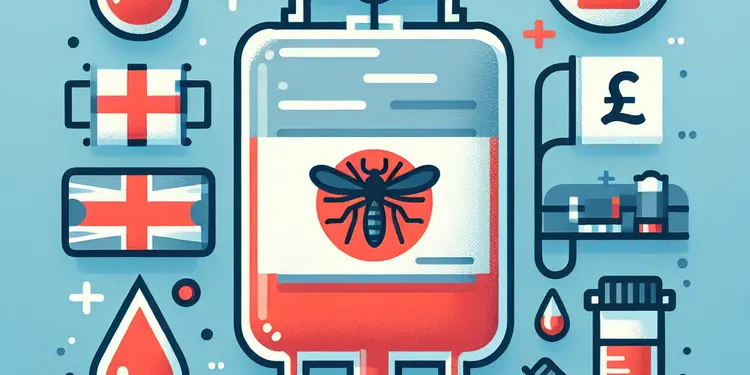
Can Dengue fever be transmitted through blood transfusions?
Relevance: 29%
-
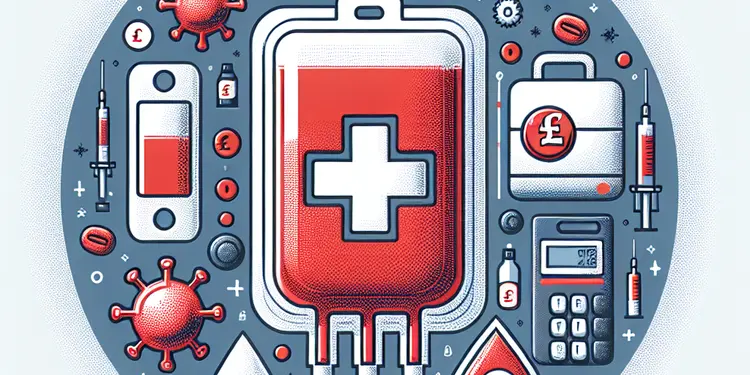
Is HTLV a risk in blood transfusions?
Relevance: 29%
-
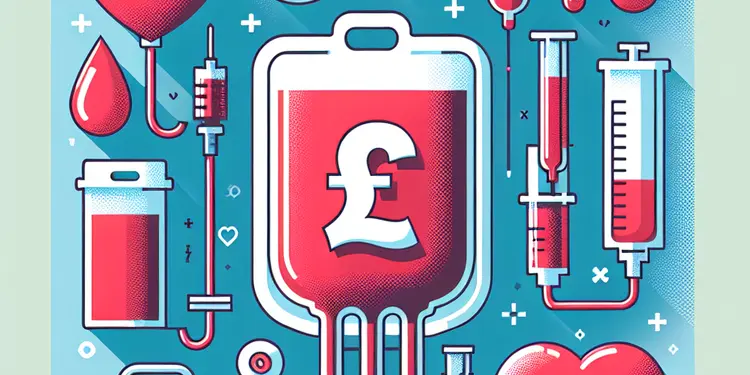
Can HIV be transmitted through blood transfusions?
Relevance: 29%
-
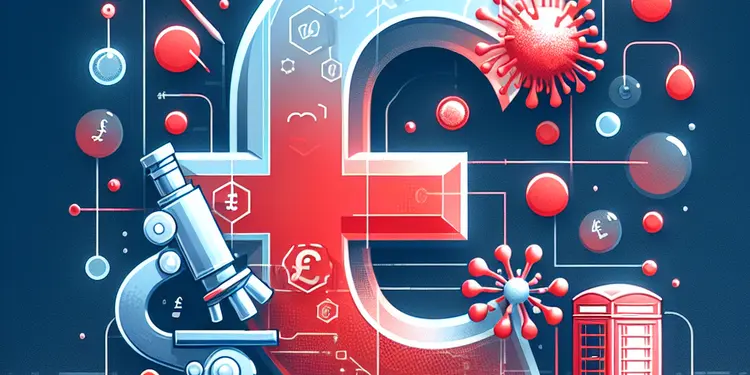
Is malaria still a concern for blood transfusion safety?
Relevance: 29%
-
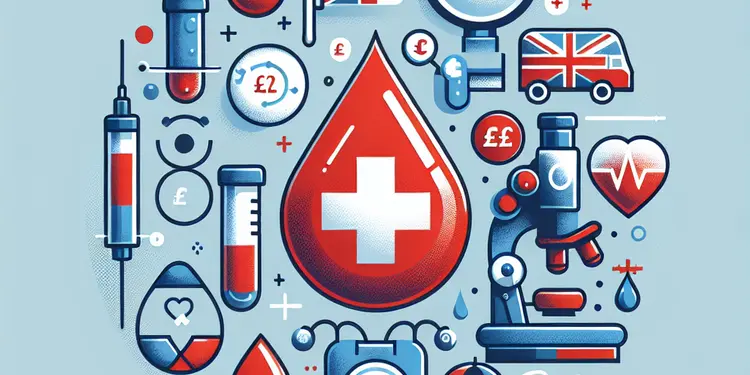
How do healthcare providers match blood for transfusions?
Relevance: 29%
-

What diseases can be spread by blood transfusions?
Relevance: 29%
-
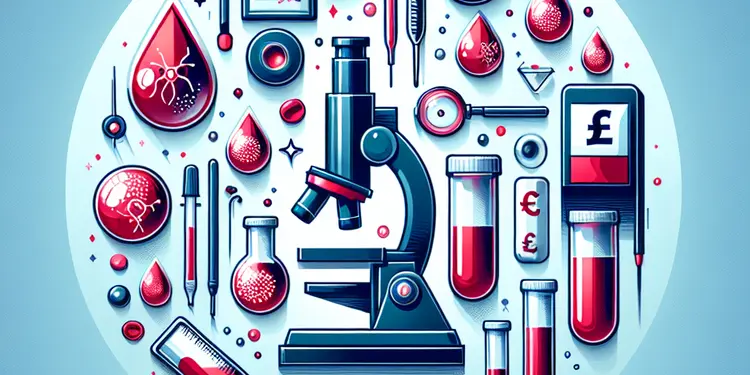
How is blood screened to prevent disease transmission?
Relevance: 29%
-

Are woodland burials environmentally friendly?
Relevance: 29%
-
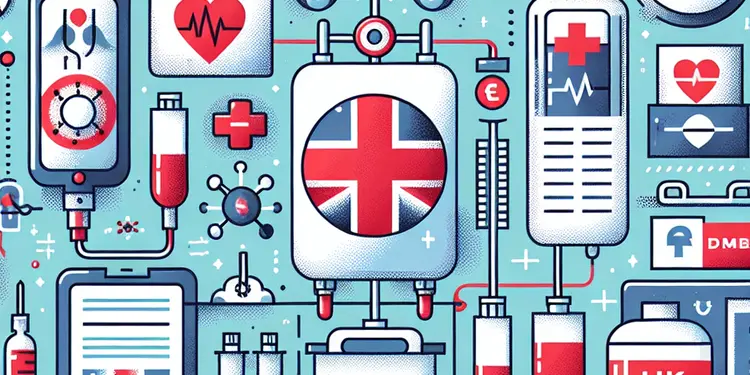
What measures are taken to prevent disease transmission in blood transfusions?
Relevance: 28%
-
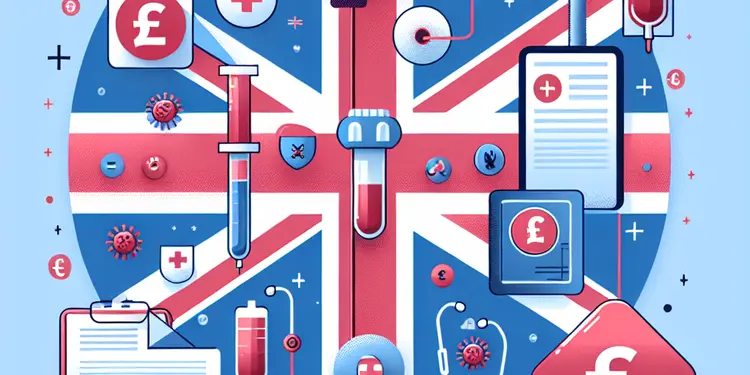
Are there any parasites that can be transmitted through blood transfusions?
Relevance: 27%
-
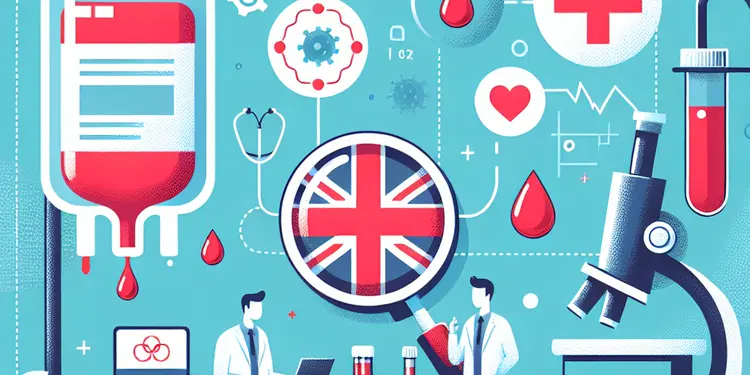
Can you get any prion diseases from blood transfusion?
Relevance: 27%
-
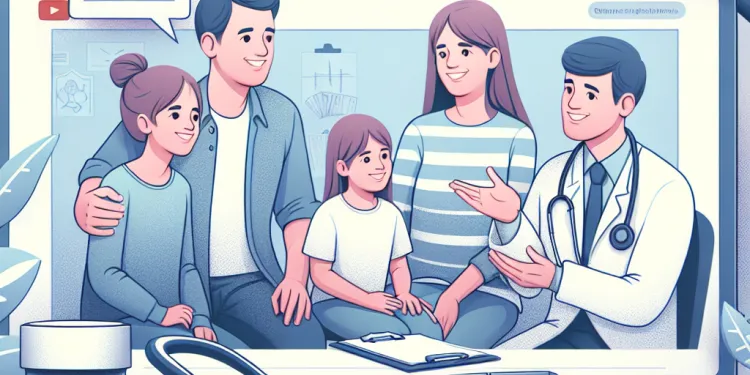
Managing Chronic Illness Within the Family
Relevance: 26%
-

Are there risks associated with blood transfusions?
Relevance: 26%
-
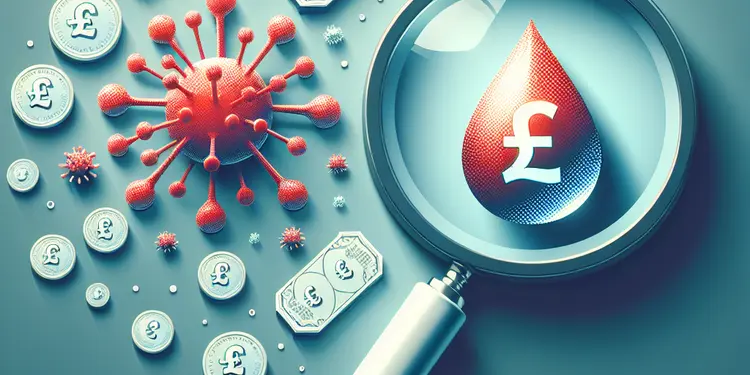
Are new emerging pathogens a risk for blood safety?
Relevance: 25%
-
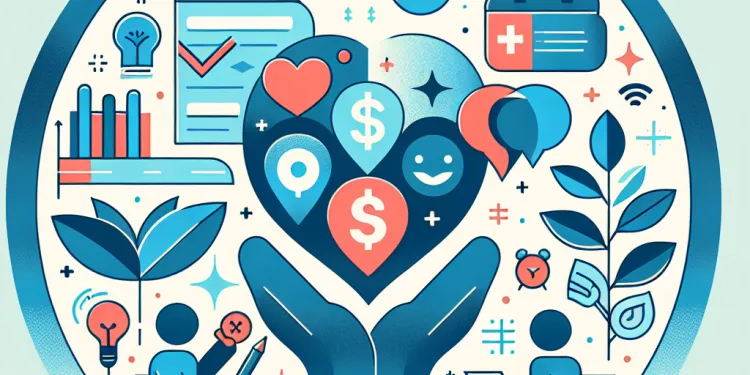
Mental Health Support for Families: Resources and Strategies
Relevance: 24%
-

How are ashes returned to the family?
Relevance: 24%
-
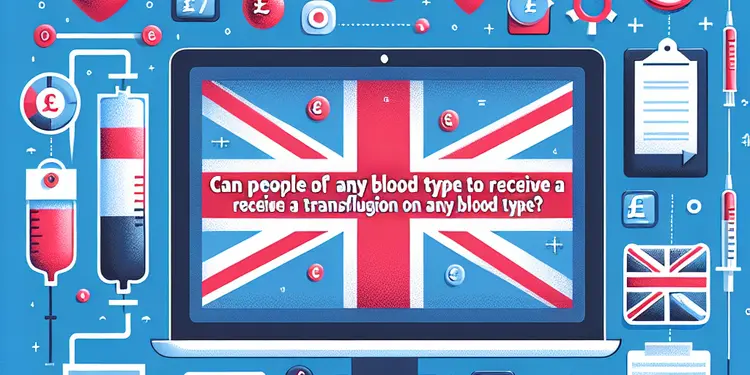
Can people of any blood type receive a transfusion of any blood type?
Relevance: 24%
Introduction to Directed Blood Donation
In the UK, blood donation is a vital part of healthcare, ensuring that hospitals have the necessary resources to treat patients who require blood transfusions. Donating blood is a voluntary and selfless act that saves lives. However, there are specific cases where individuals inquire about donating blood specifically for a friend or family member. This is known as directed blood donation.
Understanding Directed Blood Donation
Directed blood donation involves an individual donating blood that is specifically earmarked for a particular patient, usually a friend or family member. While this practice is permissible in some countries, it is not routinely practiced in the UK. The UK blood services, such as NHS Blood and Transplant (NHSBT), emphasize the importance of maintaining a voluntary, non-directed blood donation system.
Why the UK Does Not Promote Directed Donations
The UK's policy on blood donation is based on ensuring safety, efficiency, and adequacy of the blood supply. By encouraging non-directed donations, blood services can maintain a large and diverse pool of blood that can be matched more effectively to patients based on medical need rather than personal relationships. Additionally, non-directed donations help prevent potential logistical and compatibility issues that might arise from directed donations.
Medical Safety Concerns
There are several medical and safety reasons why the UK does not support directed blood donations. Ensuring blood transfusion safety is a priority, and blood obtained through non-directed volunteer donations undergoes rigorous testing and processing before it is cleared for use. The UK health system believes that maintaining a centralized blood donor pool supports higher standards of safety and quality control.
Alternatives for Supporting Friends and Family
Although directed donations are not standard practice, there are other ways individuals can support loved ones in need of blood. Becoming a regular blood donor helps keep the blood supply stocked for all patients in need. Friends and family can collectively encourage more people to donate, raising awareness about the critical need for blood donations. Moreover, blood donors contribute to a system that saves many lives, which can indirectly benefit anyone at any time.
Conclusion
While the idea of directed blood donation might seem like a way to ensure a loved one has the required blood, the UK blood donation system is structured to serve all patients safely and efficiently through non-directed donations. Preserving a robust and impartial blood supply benefits the broader community and ensures that anyone who needs blood can receive it promptly. By understanding these policies, we can appreciate the importance of donating blood and participate in this life-saving service.
What is Directed Blood Donation?
In the UK, giving blood is very important. It helps hospitals treat people who need blood. When you donate blood, you help save lives. Sometimes people want to give blood just for a friend or family. This is called directed blood donation.
How Does Directed Blood Donation Work?
Directed blood donation means giving blood for a special person, like a friend or a family member. Some countries allow this, but in the UK, it's not common. In the UK, places like NHS Blood and Transplant (NHSBT) want people to give blood to anyone who needs it, not just for specific people.
Why the UK Doesn't Do Directed Donations
The UK wants blood donation to be safe and fair. When people give blood to anyone, it makes sure there is enough blood for everyone who needs it. It also helps match the right blood to the right patient. Giving blood this way stops any problems that might happen if people just gave blood to friends and family.
Keeping Blood Donations Safe
The UK has rules to keep the blood safe for everyone. Blood from normal donations is checked carefully before it goes to patients. This makes sure the blood is safe and good quality. By having one big group of blood donors, it keeps the standards high.
Helping Friends and Family in Other Ways
Even though you can't give blood just for a loved one, there are other ways to help. You can become a regular blood donor. This keeps blood supplies ready for everyone. Getting more people to donate is also a great way to help. When people donate, they help save lives, which can help anyone at any time.
Why Non-Directed Donations are Important
Giving blood in a non-directed way helps everyone. It means anyone who needs blood can get it quickly. The UK system works to be safe and fair for all patients. By knowing how it works, we can see why donating blood is so important. Everyone can help by donating and being part of this life-saving service.
Frequently Asked Questions
Can I donate blood specifically for a friend or family member?
Yes, you can donate blood specifically for a friend or family member if their medical facility allows directed donations.
What is a directed blood donation?
A directed blood donation is when you donate blood for a specific patient, usually a friend or family member.
Are there any requirements for directed donations?
Directed donations typically require the donor to meet the same eligibility criteria as regular donors, and sometimes additional paperwork or approval from the recipient's doctor or hospital.
How do I arrange a directed blood donation?
You need to coordinate with the hospital or the blood bank where the recipient is receiving treatment. They will guide you through the process.
Is donated blood from directed donations safer?
Directed donations go through the same rigorous testing as all other blood donations, so there is no additional safety benefit.
Can I donate blood for a friend or family member who has a different blood type?
No, the blood types must be compatible. The hospital or blood bank will provide guidance on compatibility.
Does directed donation guarantee that my blood will be used for my friend or family member?
Not always. If it turns out that the blood is incompatible or not needed, it may be added to the general blood supply.
How often can I make a directed donation?
The frequency is the same as regular donations, which is typically every 56 days for whole blood.
Is there a cost to make a directed donation?
There is usually no cost to donate blood, but there might be administrative or processing fees involved in directed donations.
What if the blood I donate does not get used by the recipient?
If the directed blood donation is not used, it may be released for use by other patients.
Do all hospitals accept directed donations?
Not all hospitals accept directed donations. You should check with the recipient's medical facility.
Can I donate if I am on medication?
It depends on the medication. You will need to discuss your specific situation with the blood bank.
Can someone else donate blood for my friend or family member?
Yes, other compatible donors can also donate on behalf of the recipient if approved by the hospital.
What happens during a directed blood donation?
The process is similar to a regular blood donation, where a unit of blood is drawn and later tested.
How long does it typically take to process a directed donation?
The processing time can vary, but it can take several days for testing and matching.
Will I be notified if my blood is used?
Typically, you will not be notified due to privacy regulations, but you can inquire with the blood bank.
Are there any special conditions for donating blood specifically for someone?
The main condition is compatibility and meeting standard donor eligibility criteria.
Can I donate blood for someone outside of my local area?
This depends on the policies of the blood bank and hospital, as transporting blood may not be feasible in all cases.
Can I change my directed donation to a general donation?
Once blood is collected as a directed donation, changing its designation can be subject to the policies of the collecting bank.
How old do I need to be to donate blood for someone specific?
You usually need to meet the general age requirement for blood donations, which is typically 16 or 17 with parental consent, depending on the location.
Can I give blood to help a friend or family member?
Yes, you can give blood to help someone you know. This is called direct donation. Here is how it works:
- Talk to the doctor of the person who needs blood.
- The doctor will tell the blood bank about the donation.
- You need to make sure you are healthy and meet the donation rules.
- You can call the blood bank to set up a time to donate.
If you have any questions, the blood bank can help you.
If reading is hard for you, you can ask someone to help read this for you.
Yes, you can give blood for a friend or family member. You can do this if the hospital or clinic lets you choose who gets your blood.
What is a directed blood donation?
A directed blood donation is when a person gives their blood just for a particular friend or family member. This means the blood is saved for someone special that the donor knows and wants to help.
If you have trouble reading, you can ask someone to read it out loud for you or use a text-to-speech tool. These can make understanding easier!
Giving blood to help a special person is called a directed blood donation. You give blood for a friend or family member who needs it.
Do you need to do anything special for directed donations?
When you want to give a directed donation, you usually have to follow the same rules as other people who donate. You might also need to fill out extra forms or get permission from the person’s doctor or hospital.
How can I give blood to help someone I know?
Talk to the hospital or the place where they keep blood. They will help you understand what to do.
Is blood from someone you know safer?
All blood donations, including those given to a specific person, are tested very carefully. This means they are all checked the same way to make sure they are safe. Giving blood to a specific person does not make it safer.
Can I give blood to help a friend or family member with a different blood type?
If you want to help a friend or family member by giving blood, it's important to know about blood types.
Blood types need to match. If you have a different blood type, you might not be able to give blood to them.
To find out more, talk to a doctor or the blood donation center. They can tell you if you can help or suggest other ways to support your friend or family member.
Using pictures or videos can help you understand better. Ask someone to help you if you need it.
No, blood types have to match. The hospital or blood bank will help you know which ones can be mixed.
Will my blood go to my friend or family member if I donate it for them?
If you give blood for a friend or family member, it might not always go to them. The blood bank has rules and checks to make sure blood is safe for everyone. Sometimes, your blood might be given to someone else who needs it.
Tools to help:
- Ask a nurse or doctor if you have questions.
- Use clear language or picture cards to understand better.
Not always. Sometimes the blood is not a good match or it is not needed. Then, it can be used for other people who need blood.
How many times can I give money where I choose?
The number of times you can give blood is the same as normal donations. You can usually give whole blood every 56 days.
Does it cost money to give money to a specific person or group?
Giving blood usually does not cost money. But sometimes, there might be small fees for paperwork or special requests.
What happens if my donated blood is not used?
Don't worry! When you give blood, doctors and nurses keep it safe. Sometimes, they don't need it right away. They might test it or save it for later.
If the blood can't be used for patients, it might help with research or training. Everyone's donation is important!
Ask someone you trust if you have more questions or use a screen reader to listen to this text.
If the special blood donation is not needed, it can be given to other people who need it.
Can you choose who to give your blood to at all hospitals?
Not all hospitals let you give blood to a specific person. Check with the hospital where the patient is.
Can I give blood if I take medicine?
If you take medicine, you might still be able to give blood. It depends on what medicine you take. It's best to ask a doctor or nurse to find out.
Helpful tools: You can use a calendar to keep track of your medicine and a reminder app to ask the doctor.
It matters what medicine you are taking. You should talk to the blood bank about your situation.
Can another person give blood for my friend or family?
If your friend or family member needs blood, someone else can give blood to help them. This is called "donating blood." It's like giving a special gift that helps people feel better.
If you want more help, ask a doctor or nurse. They can explain how donating blood works.
Yes, other people who match can donate for the person who needs it, if the hospital says it is okay.
What happens when you give a special blood donation?
Sometimes, you can give blood for a specific person. This is called a special blood donation. Here is what happens:
- You go to the place where people take blood. This is usually a hospital or blood center.
- Friendly staff will ask you some questions about your health.
- They will clean your arm where they will take the blood.
- A small needle will go in your arm. It does not hurt much.
- Blood goes from your arm into a bag. This takes a little while.
- After the blood is taken, you rest for a short time.
- You might get a snack and a drink to make you feel good!
The blood you give helps the person who needs it. This can make them better.
If you want, you can ask someone you trust to go with you. They can help and make you feel comfortable.
The process is like giving blood. First, a nurse takes some blood. Then, the blood is tested.
How long does it take to process a directed donation?
We want to tell you how long it takes to process a directed donation.
A directed donation is when you give something special to a person you choose.
The time it takes can be different. It depends on a few things. Some examples are:
- How many people are making donations
- The type of donation
- What day it is (like weekends or holidays)
Here are some things you can do to make it easier:
- Ask someone to help you read
- Use a calendar to keep track of the days
- Talk to the donation place if you have questions
The process can take a few days. They need time to test and find a match.
Will they tell me if my blood is used?
We will let you know if your blood helps someone. You can use tools like:
- Audiobooks
- Reading apps
to help with reading.
Usually, you won't be told because of privacy rules, but you can ask the blood bank.
Can I give blood to help a specific person?
The most important thing is that the donor and the person getting the donation need to be a good match. The donor also has to be healthy and meet the rules for giving donations.
Can I give blood to help someone far away from me?
You might want to help someone by giving your blood. But what if they live far away?
Here is what you can do:
1. You can go to a local blood donation center near you.
2. They can send your blood to people who need it, even if they live in another area.
If you want to know more or have questions, you can ask someone at the donation center for help.
This depends on the rules of the blood bank and hospital. Sometimes, it is not possible to move blood from one place to another.
Can I change my special donation to a regular donation?
When blood is donated and marked to go to a specific person, changing who it goes to depends on the rules of the blood bank.
How old do I have to be to give blood to a certain person?
You need to be a certain age to help someone by giving them your blood.
Here is what you should know:
- You must be at least 17 years old.
- Sometimes, if you are 16, you might need a parent's okay.
Ask an adult for help if you need.
Use these tips:
- Read with someone else, like a friend or a caregiver.
- Break down big words into smaller sounds.
- Use a ruler or paper to follow along line by line.
You have to be old enough to give blood. Most places say you need to be 16 or 17 years old. You might need a parent's permission if you are not 18 yet.
Useful Links
This website offers general information and is not a substitute for professional advice.
Always seek guidance from qualified professionals.
If you have any medical concerns or need urgent help, contact a healthcare professional or emergency services immediately.
Some of this content was generated with AI assistance. We’ve done our best to keep it accurate, helpful, and human-friendly.
- Ergsy carfully checks the information in the videos we provide here.
- Videos shown by Youtube after a video has completed, have NOT been reviewed by ERGSY.
- To view, click the arrow in centre of video.
- Most of the videos you find here will have subtitles and/or closed captions available.
- You may need to turn these on, and choose your preferred language.
- Go to the video you'd like to watch.
- If closed captions (CC) are available, settings will be visible on the bottom right of the video player.
- To turn on Captions, click settings .
- To turn off Captions, click settings again.
More Items From Ergsy search
-

Can you donate blood specifically for a friend or family member?
Relevance: 100%
-

What other viruses are tested for in blood donations?
Relevance: 48%
-

What role do family and friends play in the recovery process?
Relevance: 46%
-

Why is blood donation history important in preventing disease transmission?
Relevance: 44%
-

Can I include a family member during my travel for treatment?
Relevance: 38%
-

Can cremation ashes be divided among family members?
Relevance: 37%
-

Can family members be involved in the care process on a virtual ward?
Relevance: 37%
-

How can families support a member with autism?
Relevance: 36%
-

Blood Transfusion
Relevance: 35%
-

What should I tell my family and friends about my nut allergy?
Relevance: 35%
-

What is a blood transfusion?
Relevance: 34%
-

How can family members support someone with postnatal depression?
Relevance: 33%
-

How can family members help assess an elderly person's driving ability?
Relevance: 33%
-

How can family and friends support someone with health-related anxiety?
Relevance: 32%
-

Blood Product Transfusions
Relevance: 32%
-

Is Zika virus screened for in blood transfusions?
Relevance: 31%
-

Can I take bereavement leave for the death of a close friend?
Relevance: 31%
-

Can COVID-19 be transmitted through blood transfusions?
Relevance: 30%
-

Can syphilis be transmitted via blood transfusion?
Relevance: 30%
-

Is Hepatitis B a risk in blood transfusions?
Relevance: 30%
-

Is Chagas disease a concern with blood transfusions?
Relevance: 30%
-

Kidney transplant waiting stories – DJ Ace and Lauren | NHS Organ Donation
Relevance: 30%
-

How can charitable donations affect Inheritance Tax?
Relevance: 29%
-

Can Dengue fever be transmitted through blood transfusions?
Relevance: 29%
-

Is HTLV a risk in blood transfusions?
Relevance: 29%
-

Can HIV be transmitted through blood transfusions?
Relevance: 29%
-

Is malaria still a concern for blood transfusion safety?
Relevance: 29%
-

How do healthcare providers match blood for transfusions?
Relevance: 29%
-

What diseases can be spread by blood transfusions?
Relevance: 29%
-

How is blood screened to prevent disease transmission?
Relevance: 29%
-

Are woodland burials environmentally friendly?
Relevance: 29%
-

What measures are taken to prevent disease transmission in blood transfusions?
Relevance: 28%
-

Are there any parasites that can be transmitted through blood transfusions?
Relevance: 27%
-

Can you get any prion diseases from blood transfusion?
Relevance: 27%
-

Managing Chronic Illness Within the Family
Relevance: 26%
-

Are there risks associated with blood transfusions?
Relevance: 26%
-

Are new emerging pathogens a risk for blood safety?
Relevance: 25%
-

Mental Health Support for Families: Resources and Strategies
Relevance: 24%
-

How are ashes returned to the family?
Relevance: 24%
-

Can people of any blood type receive a transfusion of any blood type?
Relevance: 24%


